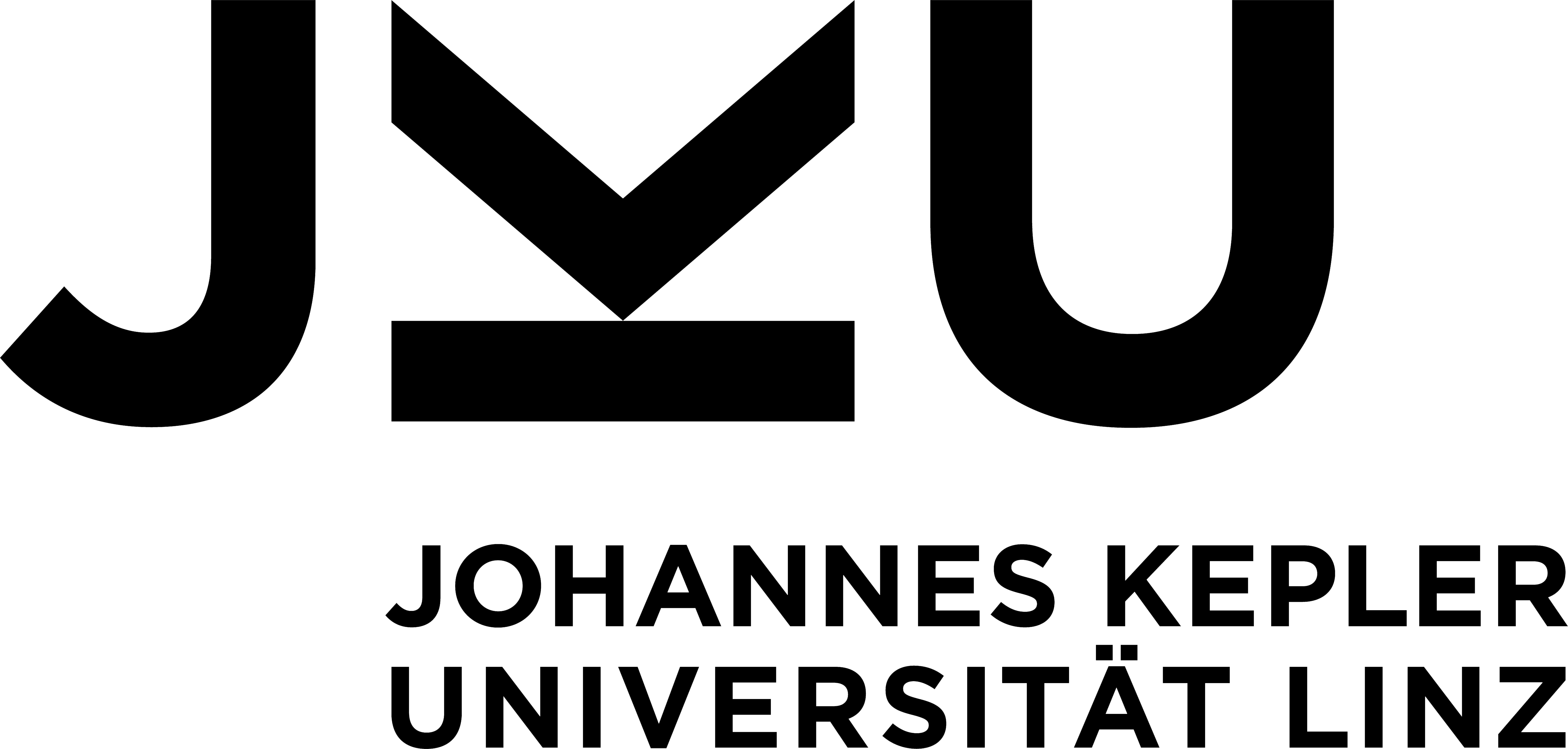Computer Science Colloquium
Dr. Mirela Alistar
Hasso Plattner Institute, Potsdam, Germany
Personal Biochips
Mon 14.05.2018, 09:15, 60 minutesJKU, Computer Science Building (Science Park 3), room S3 057
Abstract
In my work, I investigate how to ubiquitize healthcare by moving the process of diagnosis closer to the patient. Today, diagnosis requires patients to see a doctor to provide samples, which are then sent to a wetlab. The lab conducts tests on the samples and reports back to the doctor, who ultimately reports back to the patient. This process tends to take days or even weeks - valuable time during which patients live in uncertainty and disease is allowed to spread. What if instead doctors could perform the tests while the patient waits? Or, what if we could empower patients to perform selected tests at home, as part of their decision whether to see a doctor in the first place?I pursue this vision by creating cyber-physical systems based on small electronic devices called biochips.
Biochips manipulate droplets of fluids by executing "bioprotocols" - simple programs that move, split, and mix droplets with chemical compounds ("reagents"). Biochips thereby automate processes traditionally performed manually in wet labs. The key advantage of biochips is that they are adaptable, thus capable of running different bioprotocols. Instead of going to a specialist, a patient can download a bio protocol. This transforms diagnosis into a software problem that has the potential to scale the way software scales.
In order to enable the transition towards doctors and ultimately patients, I am working on ways to design biochips that can be operated at the level of expertise of doctors and patients. I design and fabricate novel biochip hardware (recently adopted by researchers at universities like MIT and the University of Washington), write system-level software (real-time compilation and fault-tolerant synthesis), and am currently developing a user-facing system that allows users to edit bioprotocol interactively.
Bio
Mirela Alistar is a Postdoc at Prof. Baudisch's Human Computer Interaction Lab at the Hasso Plattner Institute in Germany. In 2014, Mirela received her PhD in computer engineering from the Technical University of Denmark, where she worked on system-level design of embedded systems with a special focus on digital microfluidic biochips. In her research, Mirela investigates the extent to which can we change healthcare to make it a personal process. So far, Mirela has built systems based on biochips to serve as personal laboratories: small portable devices that people can own and use to develop customized bio-protocols ("bio-apps").Mirela's work is published at top-tier journals and conferences (IEEE TCAD) and demonstrated at venues such as IEEE ESWeek and Molecular Communications. Mirela has served as guest editor for Current Biotechnology Journal (CBNT) and as reviewer for venues such as Applied Materials and Interfaces, TCAD, ToDAES, and NanoCom. In order to engage society in critical discourse on technology, Mirela has led and founded community wetlabs in Copenhagen and Berlin, where she organizes monthly workshops to promote personal biochips to enthusiasts of diverse backgrounds (e.g., engineering, art, design). You can learn more about Mirela's work at her personal website: personallab.org.
Invited by Univ.-Prof. Dr. Robert Wille, Institut für Integrierte Schaltungen, Abteilung Integrierter Schaltungs- und Systementwurf
The Computer Science Colloquium is organized by the Department of Coputer Science at JKU, the Österreichische Gesellschaft für Informatik (ÖGI) and the Österreichische Computergesellschaft (OCG).
